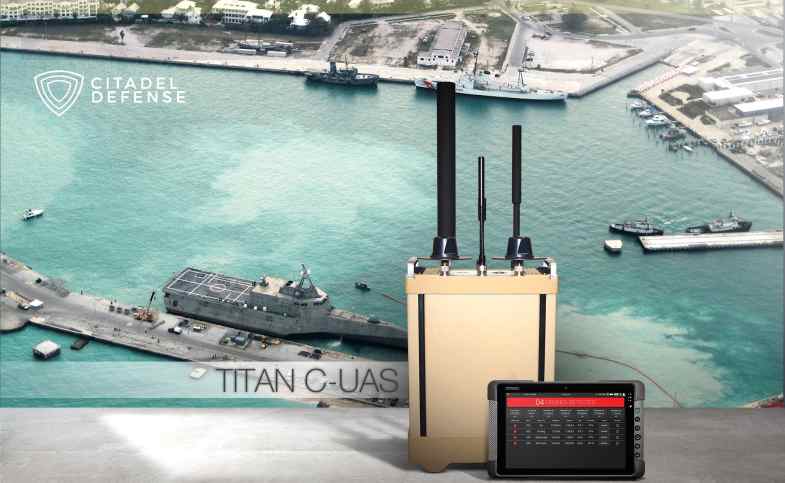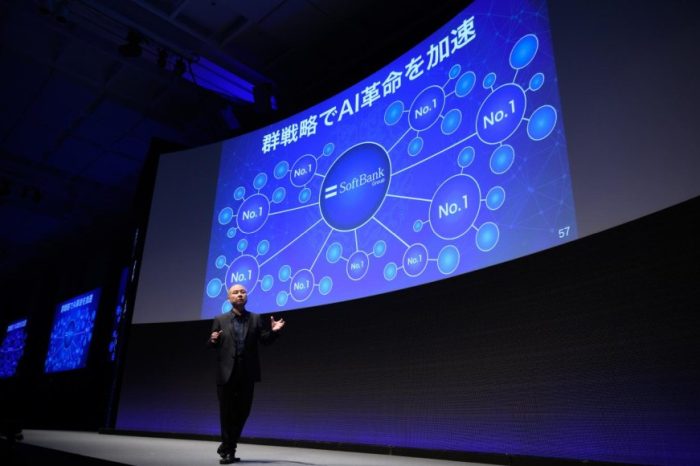AI-powered drone startup Citadel Defense scores $9.2M contract to take down hostile drones

We wrote about Citadel Defense late last year when the counter-drone startup company partnered with U.S. Government to deploy counter drone solutions at live events. With malicious use of small drones continues to impact military, government, and commercial operations, Citadel is one of the few companies with counter-drone (C-UAS) technology to help the military and protect the homeland.
Today, Citadel Defense announced it has received $9.2 million in orders for their industry-proven C-UAS capabilities since the beginning of the year. Citadel’s Titan C-UAS technology will be used to protect high-value assets in urban, rural, and maritime environments. In austere and uncertain environments, operator’s trust Citadel’s autonomous, full-spectrum protection to accurately detect and defeat threat sUAS targets before they become a threat.
Founded in 2016 by Daniel Magy, Henrik Borgstrom, and Joseph Makol, the San Diego, California-based Citadel develops an automated and modular drone defense solution that uses proprietary machine learning algorithms to detect and engage unwanted drones. Citadel Defense is a counter-drone (C-UAS) technology company that builds industry-leading drone mitigation solutions for military, homeland security and commercial applications. Citadel technology is trusted by commercial, Government, and military users including, U.S. Special Forces, Army, Navy, Air Force, Department of Homeland Security, Border Patrol, and Coast Guard.
“Drones are an asymmetric threat that require unprecedented speed for innovation. Citadel’s AI-capabilities and responsiveness give customers a cost-effective option that addresses a very large portion of the sUAS threat,” said Christopher Williams, CEO of Citadel Defense. “Strong Warfighter references and combat-proven results over the last two years helped secure this order.”
As new drones are released to the market, Titan systems receive new software to address the new threats. If Titan’s AI algorithms do not detect the threat right away, the company explained that it can deliver an end-to-end capability in 72 hours for most drones and less than 4 weeks for the most complex drone signals. The use of AI, deepnets, and adaptive countermeasures provide Titan with scalable force protection that can address the needs of the small unit, a large base, or mobile vehicle.
“We prioritize safety, security, and a clear airspace above all else,” Williams explains. “Our AI approach allows us to quickly address new threats without the risks or uncertainty that comes with hacking the drone link. Citadel is able to reliably keep customers ahead of the ever-evolving threat faster than other solutions in the market.”
The company’s Titan system is now being effectively integrated into layered solutions that combine radar, optics, and kinetic countermeasures to help customers detect, identify, track, defeat, and report on threat sUAS.




